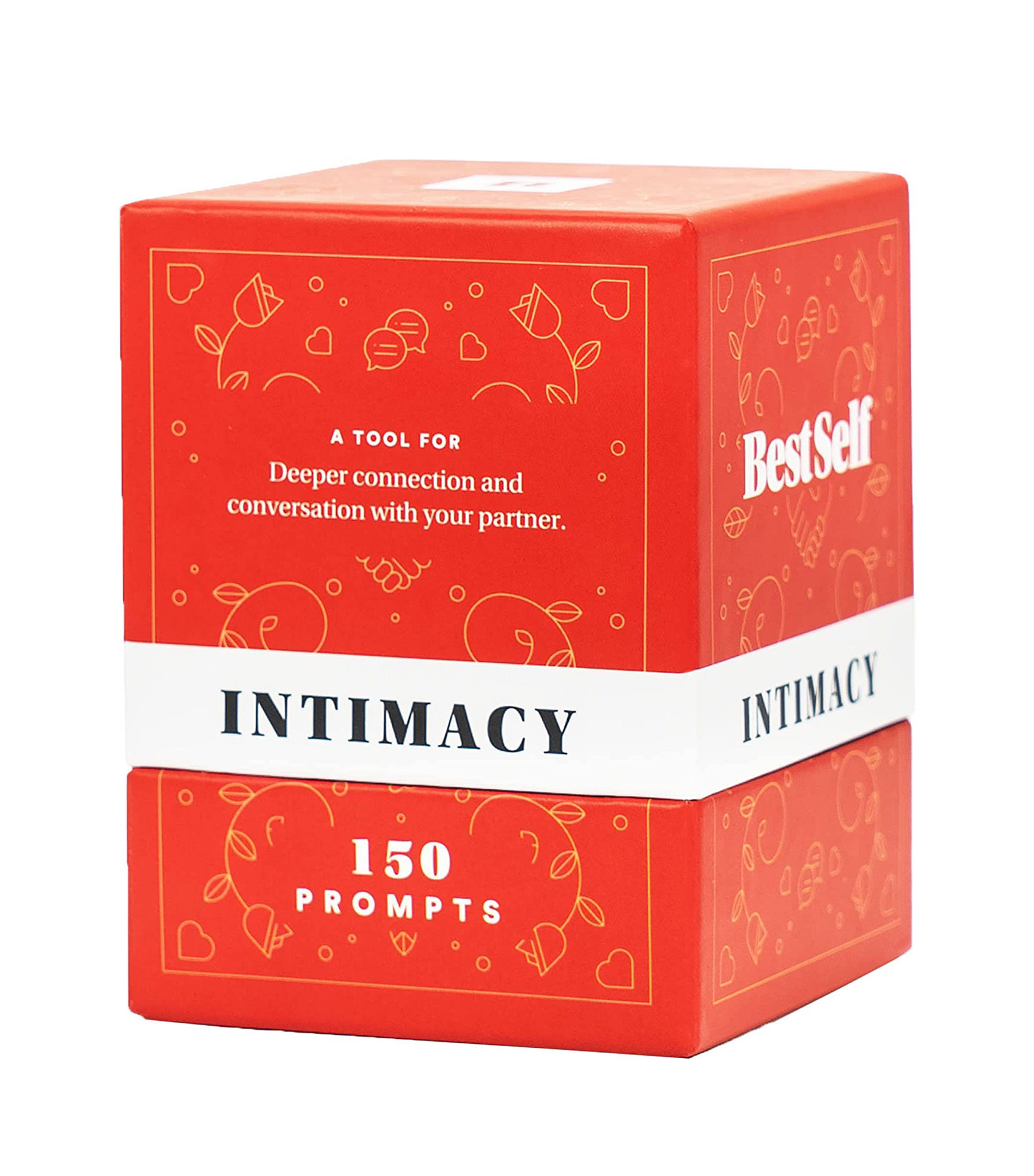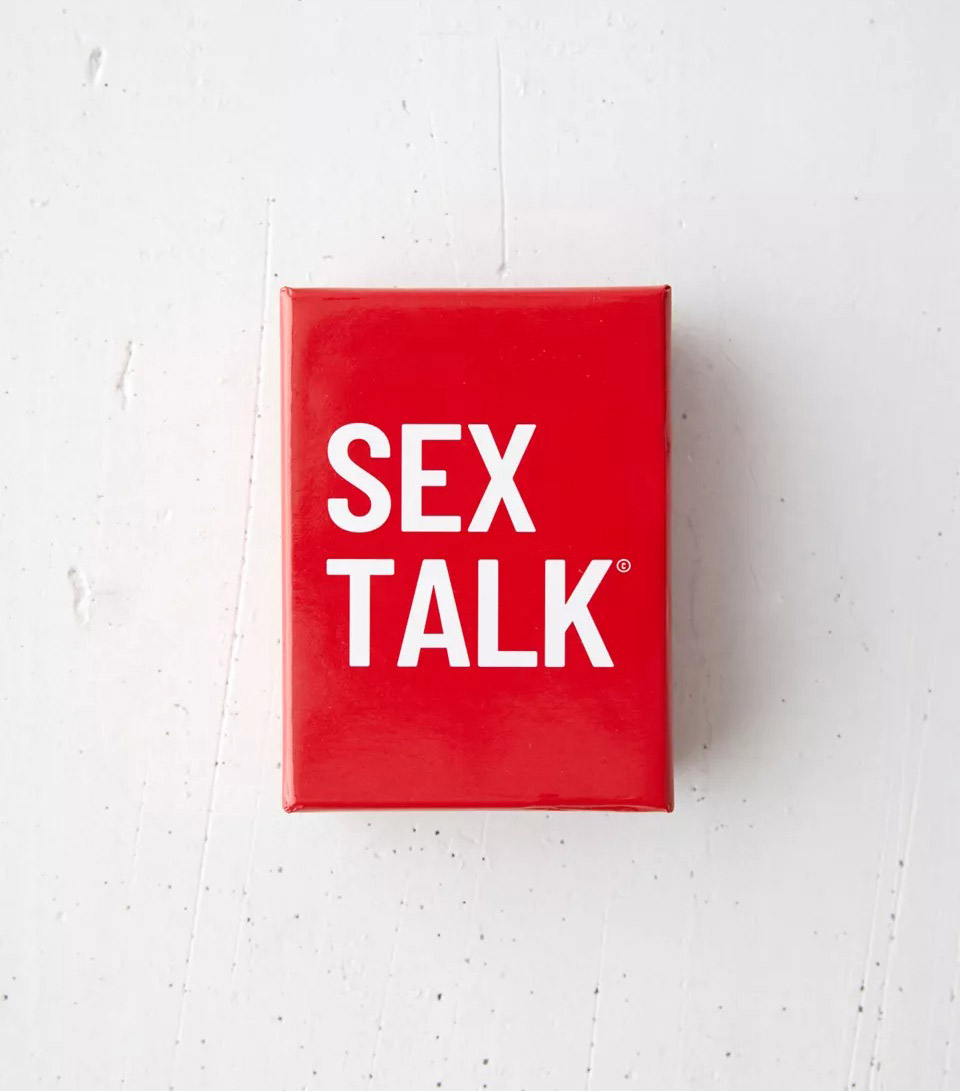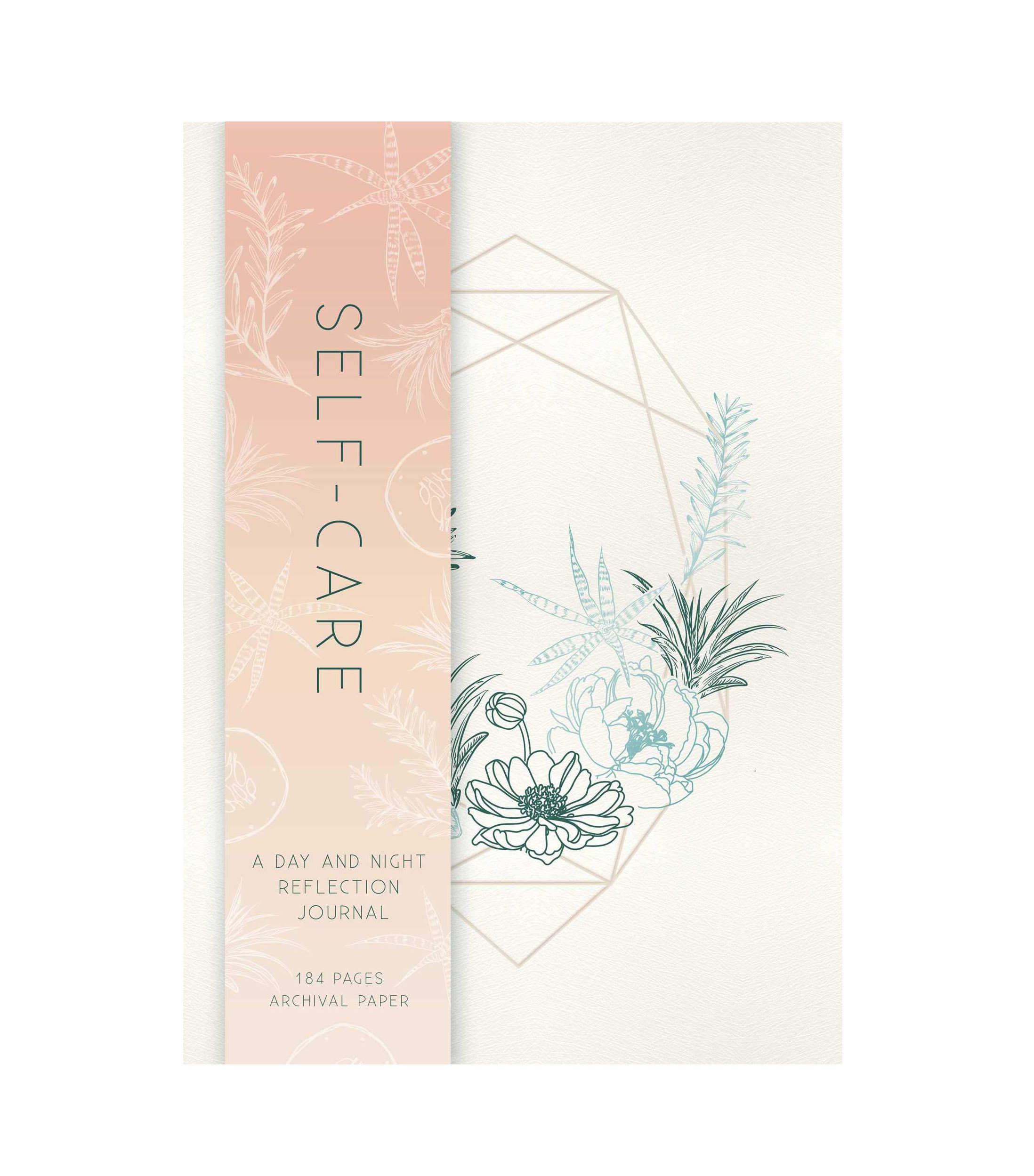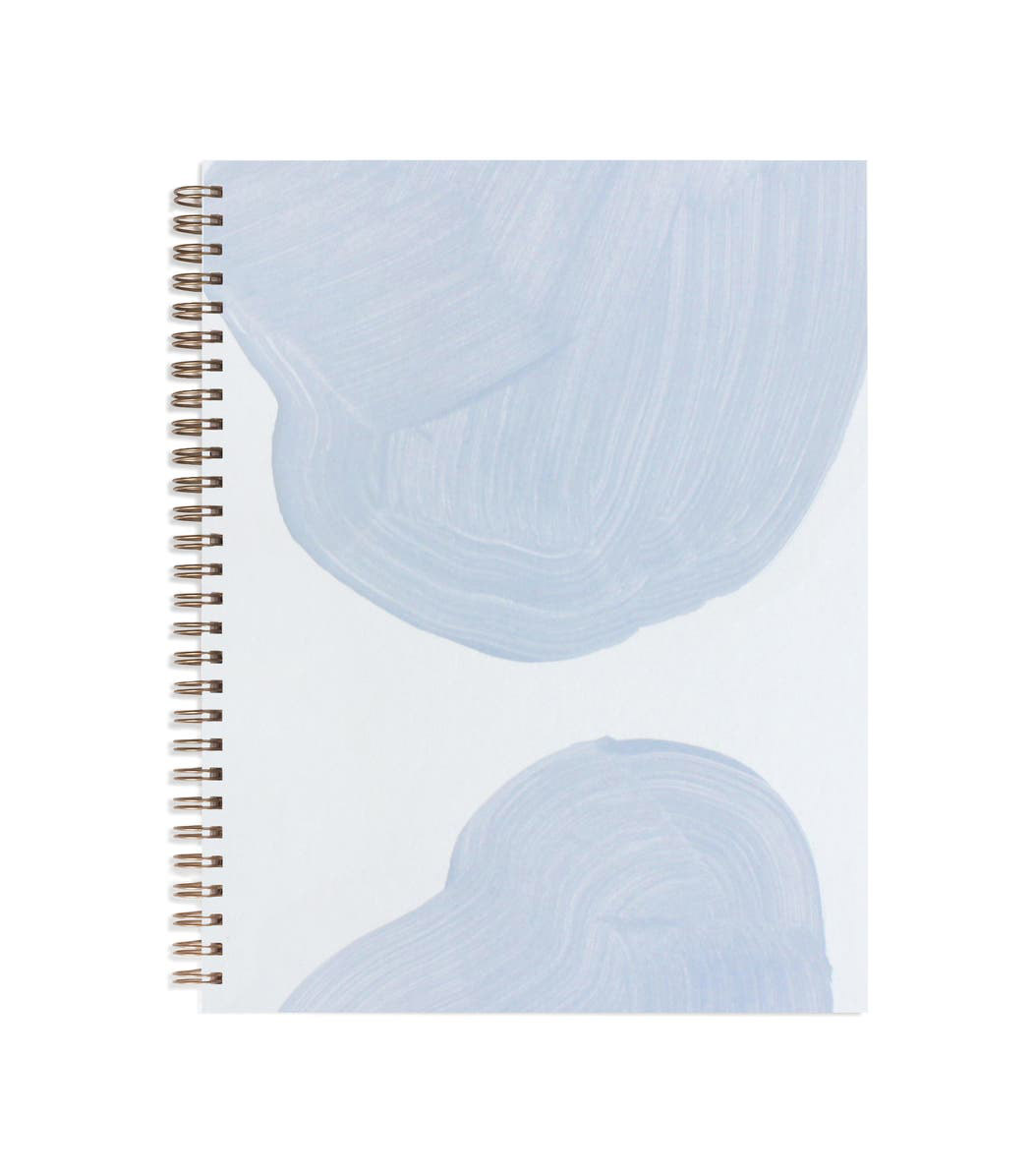12 Signs of a Healthy Relationship, According to Therapists

Here's a hard truth almost all of us know: Relationships are complicated. And they're all unique, too. How one relationship progresses might differ from another relationship. What's important to two partners might not be as important to another pair. A relationship's circumstances can be so different, so it's hard to compare yours to another's.
But there is one truth that is common for pretty much all relationships: They take a lot of effort and work. And they're not going to be perfect all of the time. When you and your partner are continuously working to improve and grow your relationship (no matter how long you've been together), your efforts will likely pay off in the form of a healthy relationship.
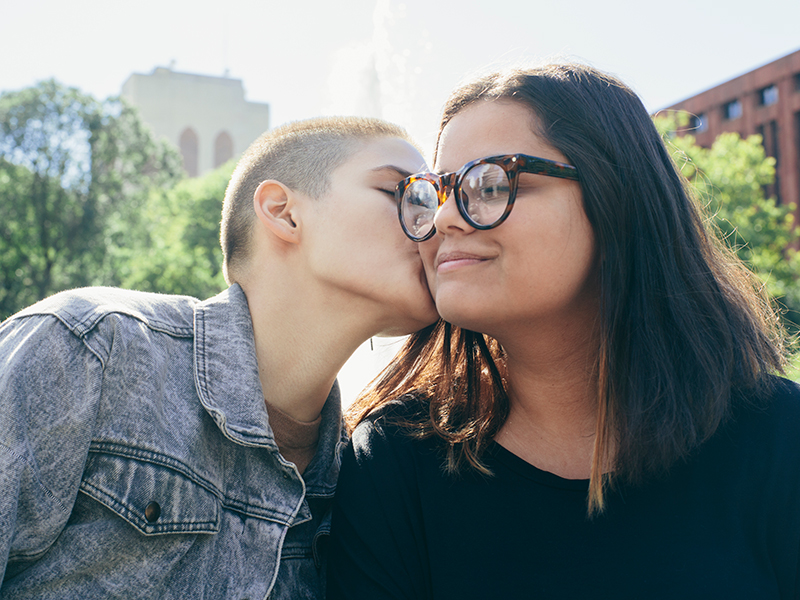
"Be prepared and willing to work on the relationship," says therapist Rachel O'Neill, PhD. "There's sometimes a myth that a good relationship is one that's easy, and that's simply not true. Like all relationships in our lives, a healthy romantic relationship requires time and attention. Be prepared to invest in working with your partner to make the relationship move forward."
So how do you know if your relationship is healthy, and what are some signs that you need to work on some parts of it? We asked two therapists, O'Neill and Madeleine DiLeonardo, MEd, LPC, NCC, a licensed professional counselor and founder of Mind Body and Soul by DiLeonardo Wellness, for some common signs of healthy relationships and advice on how to improve them. See what they had to say below.
Signs of a Healthy Relationship
1. There Is Trust
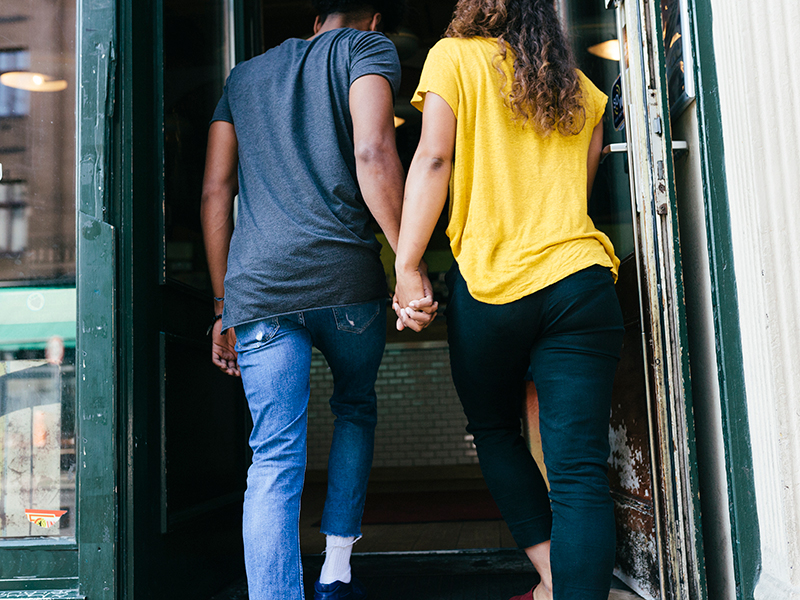
Both therapists agree that trust is very important. Trust can mean a variety of things. For instance, you have confidence in them and their feelings for you; you know they will be there for you; and you know they're being real and honest. And of course, they should have the same level of trust in you, too.
"Even new relationships should have a foundation of trust," O'Neill says. "Without a foundation of trust, individuals within the relationship are more likely to feel a general sense of unease. When individuals know that they are being treated with honest and fair respect, they're more likely to feel comfortable within the relationship."
2. There Is Mutual Respect
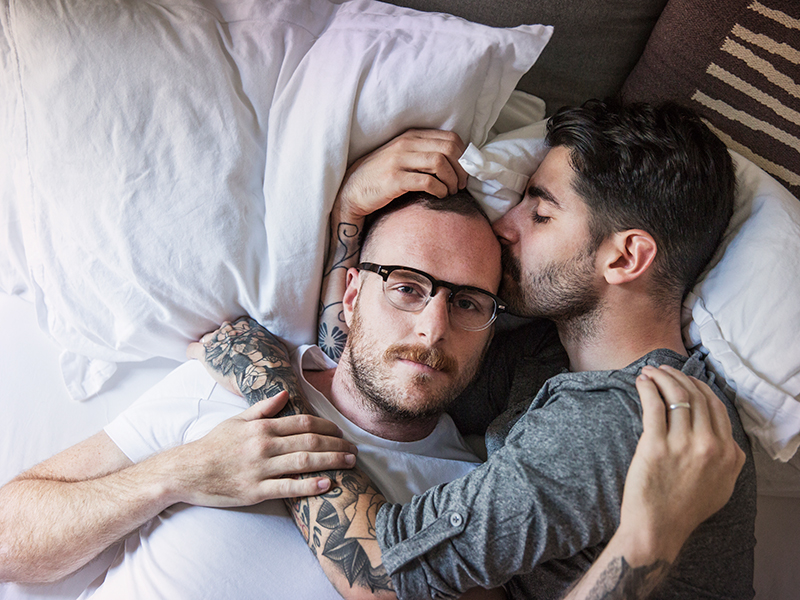
It's not just an Aretha Franklin song. Both therapists cited mutual respect as another hallmark of a healthy relationship—meaning there is admiration and value on both sides.
3. There is Collaboration
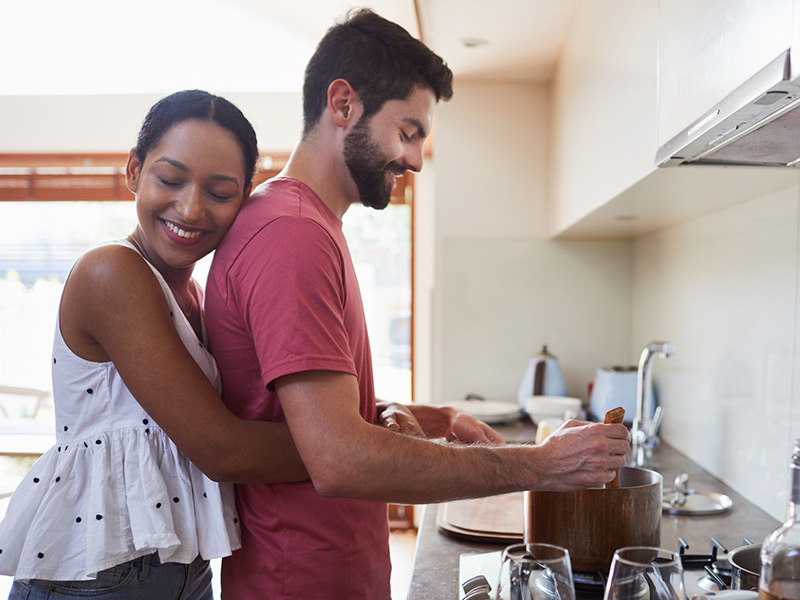
O'Neill says collaboration is key, meaning "partners feel a sense of equality within the relationship." You're both working together to make it better and make sure both of your needs are being met.
4. There's a Feeling of Comfort
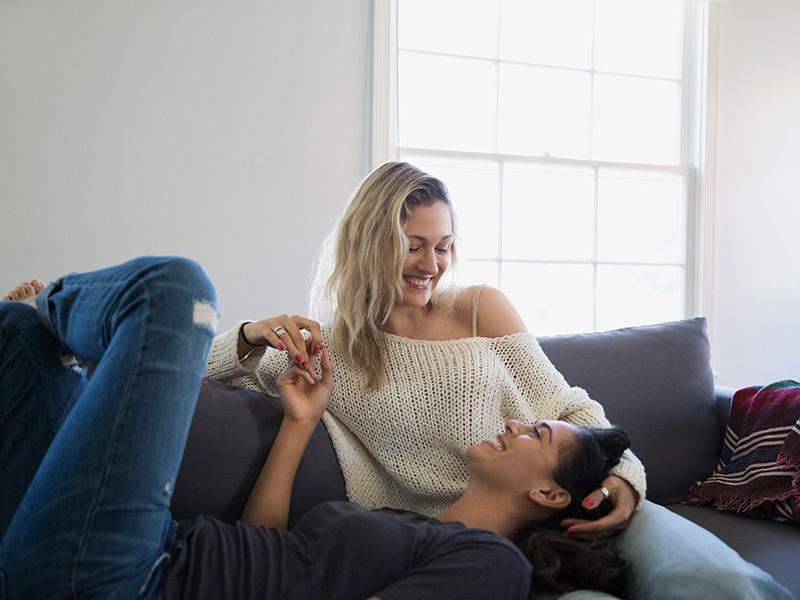
"In healthy relationships, individuals tend to feel a sense of comfort when they are with a person, and when they aren't with them, they tend to think of them or look forward to the next time that they might be with them," O'Neill explains. "In general, I think we can learn a lot about how we're feeling in a relationship simply by checking in on how we feel when we're with someone and when we are without them."
5. There's a Sense of Fondness and Love

This one is kind of a given, but it's another trait that DiLeonardo considers healthy. While newer relationships might not have the love aspect down just yet, there should be some attraction and like there.
6. You Make Communication a Priority
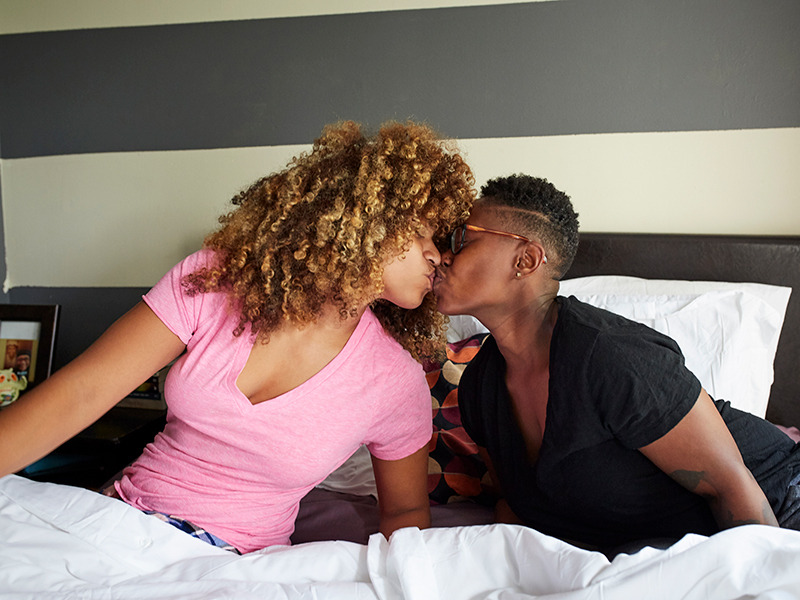
"First, healthy communication means making communication a priority," O'Neill says. "Second, healthy communication means using opportunities for face-to-face communication instead of via text or via call. Third, healthy communication involves talking about what's working in the relationship and what's not working. And last, healthy communication means being okay with the idea of being vulnerable and sharing your needs within the relationship."
You should also feel like you are able to openly discuss your feelings, are actively checking in with each other, and are figuring out how you can meet each other's needs, DiLeonardo adds. "Being proactive in communication can also be really helpful," she says. "Outside of discussing the day-to-day, finding time to check in on a deeper level is very valuable. Some people do this as a date night, and others treat it more as a meeting to provide space for meaningful conversation that we sometimes are unable to have in our busy daily lives."
7. Both Your Needs Are Being Met

This includes your sexual needs. "I think the idea of collaboration really fits here," O'Neill explains. "A healthy sex life is one in which both partners feel like their needs are being met. It means the partners feel comfortable asking for what they want within the sexual relationship, and they feel that their partner is willing to explore with them ways to facilitate their sexual wellness."
Communication is key when it comes to your sex life. "Are you able to discuss likes, dislikes, and desires?" DiLeonardo says. "Are you feeling confident to express when you aren't feeling connected sexually or physically, or the times you feel most connected? Often for women, sex and emotion are interconnected, and being connected emotionally leads to a healthier sex life."
8. You Are Your Own Self Outside of the Relationship

It's important to make sure you still keep your individuality. "Having and maintaining your own sense of self absolutely contributes to a stronger relationship," DiLeonardo says. "Our partners cannot meet all of our needs—that is why we have best friends, family members, etc. Supporting each other in fostering these individual relationships or pursuing individual interests does not detract from a relationship but actually strengthens it."
9. You Feel Confident in How the Other Person Feels

This is related to trust but is especially important in newer relationships. "Feeling confident about whether this person is interested in you is an important part of a new relationship," DiLeonardo says. "If the person's actions or words are confusing, or you find yourself needing to do detective work to determine how the other person is really feeling, this is typically a red flag." Again, an open line of communication can help here.
10. You're Being Authentic
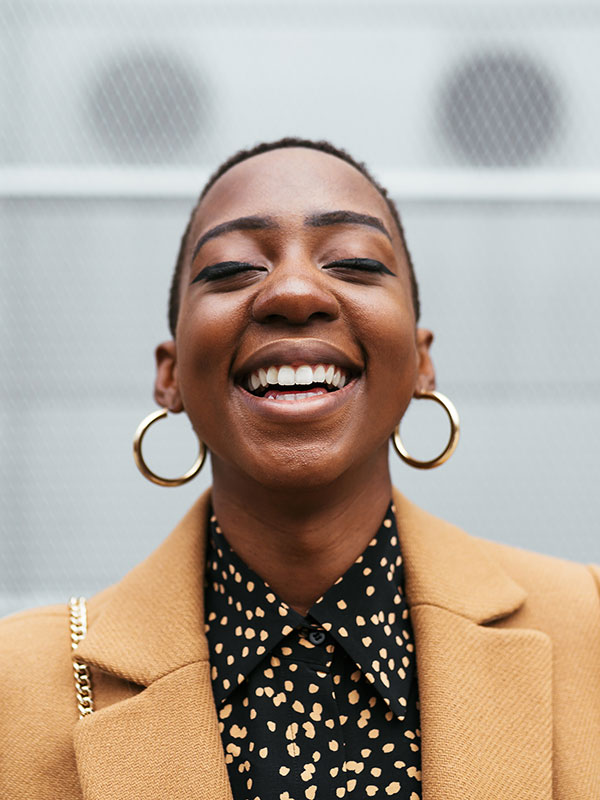
This one's another important sign for newer relationships, which makes a lot of sense but is sometimes hard to do. When we're with someone new, there's a lot of pressure to impress and give them the best version of yourself, which can sometimes mean pretending to be something that you're not. This can lead to problems later on.
"In a new relationship, people can often feel nervous or uncertain as a result of navigating the new dynamic," DiLeonardo explains. "What's most important to focus on is that you feel that your values align with this person and that you are presenting authentically. By being your authentic self, you can start the relationship in a healthy way."
11. You Can Have Hard Conversations
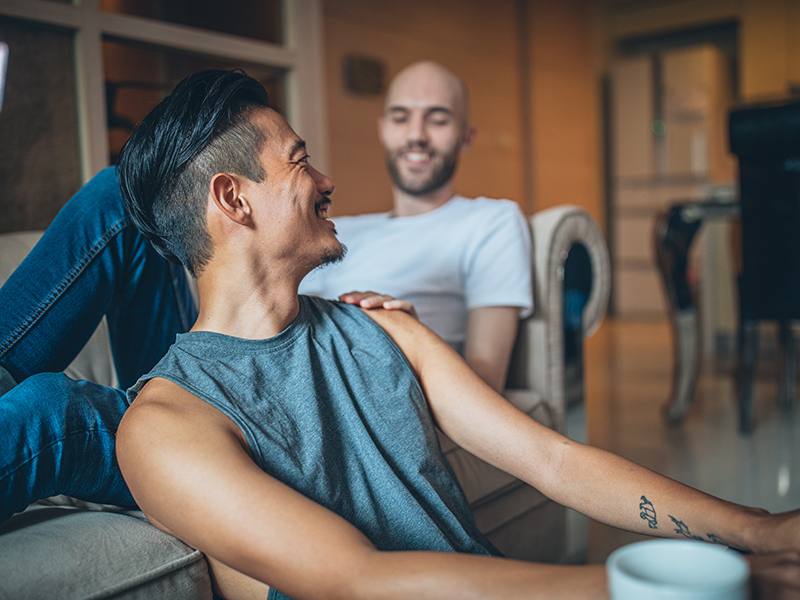
Those tough conversations can be, well, tough. And sometimes it's much easier to sweep them under the rug or try to forget them. But in a healthy relationship, you should feel like you can tackle them, no matter how hard they are.
"In a long-term relationship, the ability to have hard conversations and work through challenges while trusting that the relationship can remain intact is a great sign," DiLeonardo says. "We often fear conflict or talking about hard things, but addressing the challenges and working through them together is a key factor in a positive relationship. If you are able to acknowledge challenging feelings like anger and frustration while understanding that you can work through this together, that is a key aspect of a healthy relationship."
12. You're Having Fun

It doesn't have to be serious all the time, especially in long-term relationships. Where's the fun in that? "[There should be] a sense of fun and joy! Make sure that you can laugh together and find ways to enjoy life and connect in different ways after many years together," DiLeonardo says.
How to Improve Your Relationship
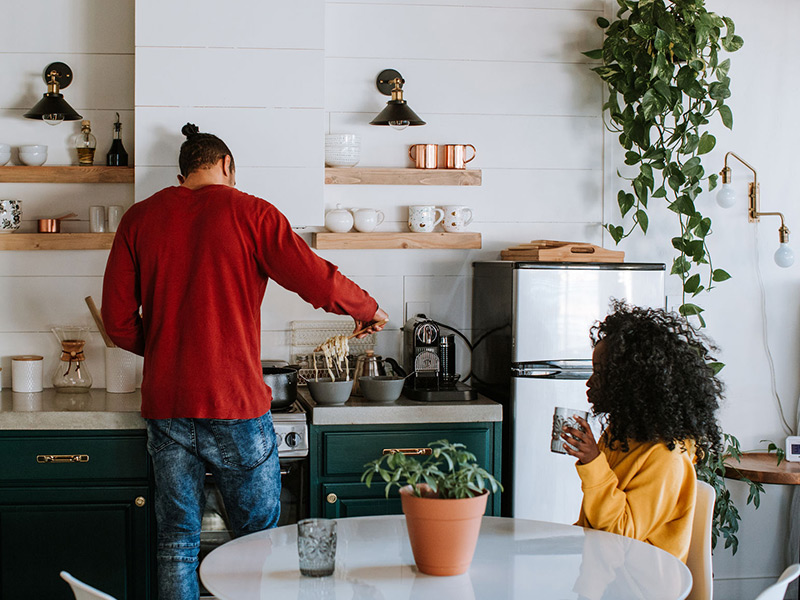
After reading this, you might find that there are a few points you and your partner need to work on. O'Neill and DiLeonardo shared some thought-starters below.
Take a Monthly Inventory
"Ask each other things like, 'Are we having fun together? What do you need from me this month? What can we be doing to support each other in our personal and professional goals?'" DiLeonardo suggests.
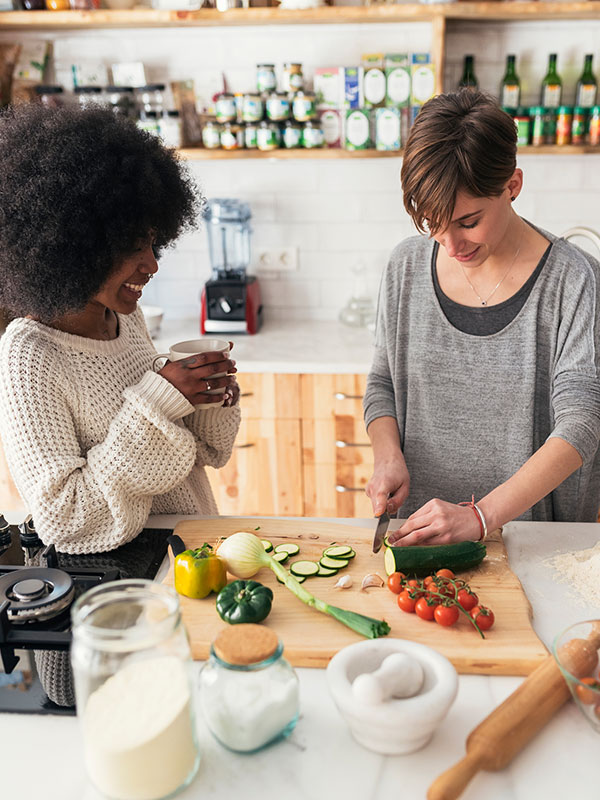
Keep in mind that you've got to make an effort if you want to make things work. "Remembering that relationships take work is key," DiLeonardo says. "Love and passion are great aspects of relationships, yes, but the repeated investment in your relationship and showing up for each other is what allows for longevity."

Sometimes you might need outside help, like seeing a therapist, and that's more than fine. "If it feels like you've hit a roadblock within the relationship or if it feels like a problem or issue may be too big to address on your own, seeking counseling can be a great way to have a neutral third party help mediate the difficulty," O'Neill says. "I often ask people to think about how counseling can help them meet their relationship goals. For example, if your goal is to change your partner, then counseling probably isn't the best use of your time. But if your goal is to work on communication, then it's certainly possible that having the space of relationship counseling can provide you the opportunity to work on that goal together."
Next: How to Create Meaningful Relationships IRL in the Age of Social Media
This article was originally published at an earlier date and has since been updated.
This article is provided for informational purposes only and is not intended to be used in the place of advice of your physician or other medical professionals. You should always consult with your doctor or healthcare provider first with any health-related questions.
Sarah is lifestyle writer and editor with over 10 years of experience covering health and wellness, interior design, food, beauty, and tech. Born and raised in Los Angeles, she attended New York University and lived in New York for 12 years before returning to L.A. in 2019. In addition to her work atBest Knockoff Luxury Clothing , she held editor roles at Apartment Therapy, Real Simple, House Beautiful, Elle Decor, and The Bump (sister site of The Knot). She has a passion for health and wellness, but she especially loves writing about mental health. Her self-care routine consists of five things: a good workout, “me” time on the regular, an intriguing book/podcast/playlist to unwind after a long day, naps, and decorating her home.

